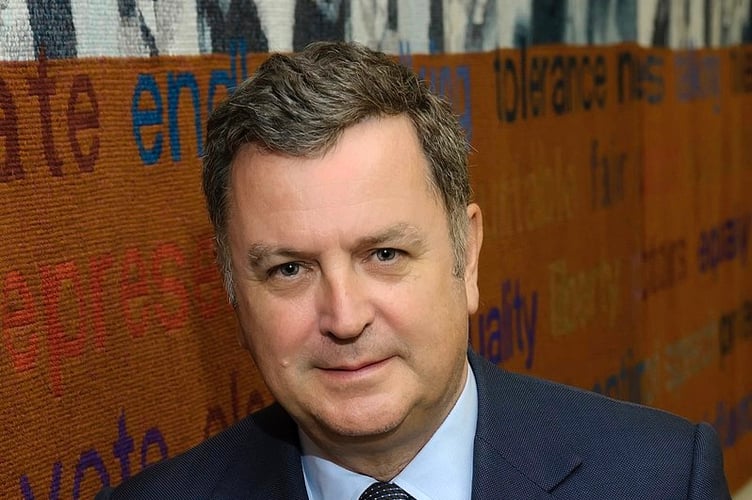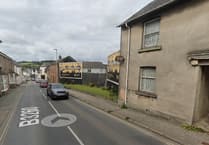ENERGY prices have just risen for many households, as the energy price cap increase of around 10 per cent came into effect.
It is a frustrating development given prices had been gradually coming down from their peak, but are still much higher than they were before Russia’s invasion of Ukraine.
It can be especially difficult for households in a rural area like ours, where temperatures tend to be lower, houses tend to be larger, and homes are on average older and therefore less energy efficient.
Of course the main factor driving these price rises is the international markets, which is out of our control.
But there is also an extent to which we really can and should be doing better to insulate ourselves from the impact of global energy fluctuations like this.
In France they are able to generate 50 per cent more electricity per person than we are in the UK. In the United States they generate almost three times as much per person.
One key factor driving this is the fact countries like France have successfully built up their nuclear power capacity.
We in the UK have not opened a new nuclear power plant for decades - the last one was built between 1987 and 1995.
Our next one, Hinkley Point C, is being built not so far from us, just over the border in Somerset.
It is not due to come on tap for at least another five years and has been beset by huge costs and constant delays.
It took 10 years between the initial government proposal and just the start of the construction work.
Things have not always been like this. In the 1950s and ‘60s Britain led the world in nuclear power - the first ever commercial nuclear power plant was opened here.
But a mixture of things have happened since then. We have become less strategic in planning our pipeline of major projects like new energy supply.
The planning system and wider regulatory requirements have slowed down construction and driven up costs.
The planning process for Sizewell C, another new reactor in the works, included an environmental impact assessment which ran to more than 44,000 pages.
All of this means higher bills for households and greater exposure to global energy shocks.
And it means more expensive energy for our industry as well, which hampers growth and encourages firms to move production abroad where costs are lower.
It is also symptomatic of wider problems with how we build things.
It is not only energy infrastructure but all types of infrastructure which we are not building fast enough or cheaply enough compared to other countries - whether that is roads, rail, runways, reservoirs, or simply houses for people to live in.Governments of both parties have struggled to address this over decades.
The answers are complex and will take time, but unless we address it we risk falling ever further behind. It will mean higher prices and lower incomes for everyone.
Fix it, and the prize could be huge.





Comments
This article has no comments yet. Be the first to leave a comment.